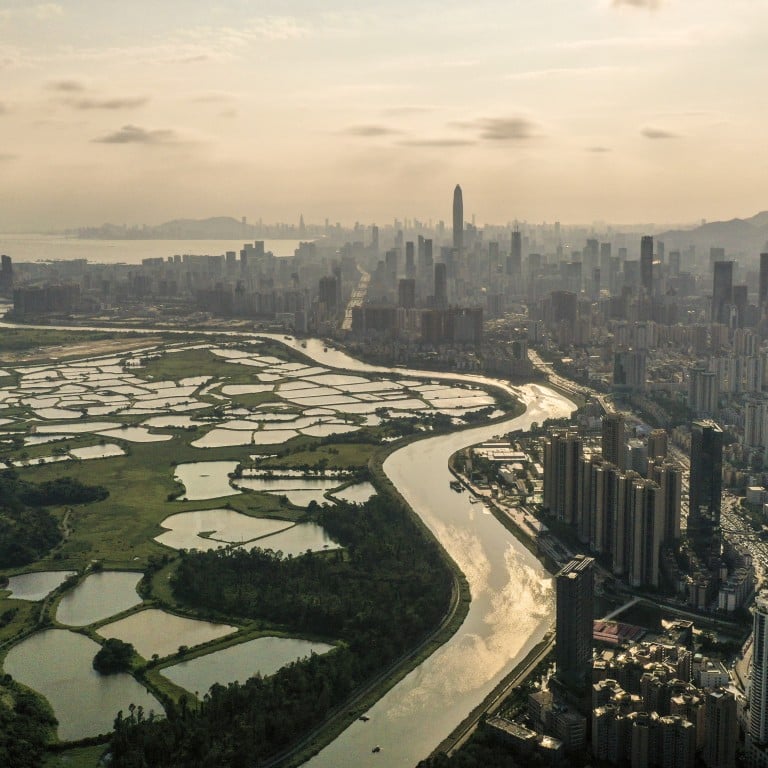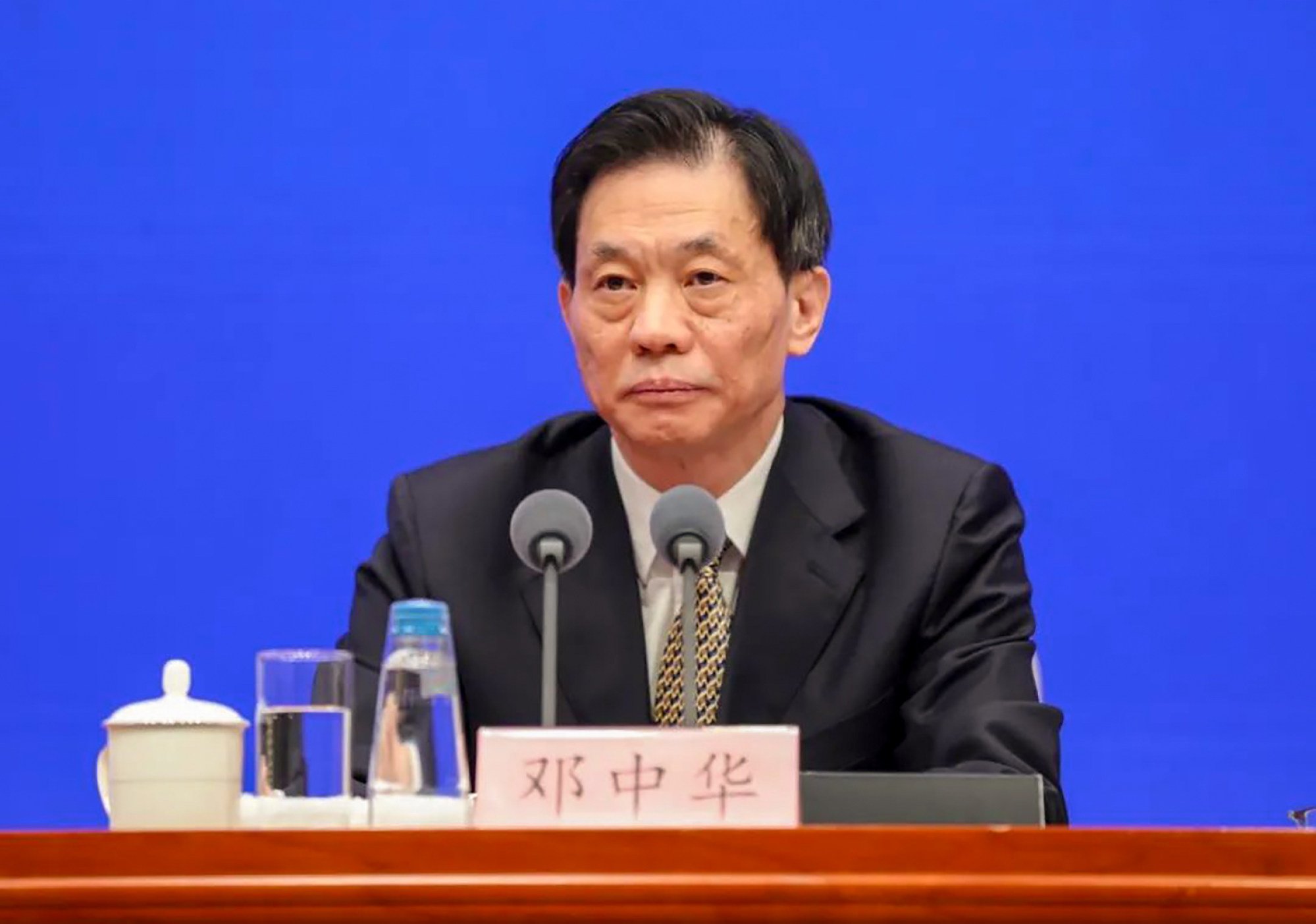
Hong Kong should strengthen role in attracting top talent to Greater Bay Area, former state official overseeing city affairs says
- Deng Zhonghua, former deputy director of the State Council’s Hong Kong and Macau Affairs Office, says city should bank on its unique advantages
- He also hails efforts by local universities to set up branches on mainland
Hong Kong should strengthen its role in attracting top talent to the Greater Bay Area, a former Beijing official overseeing the city’s affairs has said.
Deng Zhonghua, former deputy director of the State Council’s Hong Kong and Macau Affairs Office (HKMAO), on Wednesday also urged the financial hub to work closely with neighbouring cities in mainland China to pursue high-quality economic liberalisation for the bay area which is home to 86 million people.
Deng, now president of the semi-official Chinese Association of Hong Kong and Macau Studies think tank, ramped up such calls amid observers’ warning of a worsening brain drain across various local sectors, aggravated by coronavirus travel restrictions.

Speaking via video call, Deng told a seminar titled “From opening-up to the development of the Greater Bay Area” that Hong Kong should leverage its unique advantages to “import and nurture” top talent in key industries. This, he said, was to drive the development of the bay area, Beijing’s grand strategy to turn 11 cities into an economic powerhouse.
“Hong Kong plays a role for global talent to gather and take root in the Greater Bay Area … and provide talent guarantee for the bay area’s high-quality development,” said Deng, who stepped down in April after serving as the HKMAO deputy for five years.
He praised efforts by some Hong Kong universities to set up their own mainland institutions in the region. The Shenzhen Hospital, run by the University of Hong Kong, had achieved important breakthroughs in mutual recognition of professional qualifications, he said, adding that the international background of some 500 staff at Chinese University’s Shenzhen campus also attracted more than 10,000 students.
End of the honeymoon? Hong Kong leader’s Weibo followers raise stink over dump
Critics have said Hong Kong has not provided timely incentives in retaining talent, especially when its economy remains mired in tough travel restrictions. Chief Executive John Lee Ka-chiu earlier promised measures to “fight for” global talent in his coming maiden policy address on October 19.
Hong Kong delegation to Malaysia and Vietnam says businesses want end of ‘3+4’ rule
Meanwhile, Deng urged Hong Kong to establish its footing in three mainland cities – Hengqin, Qianhai and Nansha – and contribute to a new round of high-quality economic liberalisation aimed at creating a world-class business environment for international trade.
“This requires a higher level of interoperability of international rules, system innovations and adjustments of laws, which can be complicated,” he said. “[Hong Kong] can contribute in setting an example for the rest of the area.”
The former mainland official added that artificial intelligence, biomedicine and green energies were among the key industries that Hong Kong should work on to help the country transition to an innovation-based economy, by strengthening collaboration with mainland counterparts.
‘Hong Kong should align rules with mainland China to promote health technology’
The Wednesday seminar was hosted by Our Hong Kong Foundation, a think tank founded by the city’s first postcolonial leader Tung Chee-hwa.
At the same event, Financial Secretary Paul Chan Mo-po noted the key role Hong Kong had been playing in transforming the bay area into a more internationalised, high value-added economy. The city government would actively connect to the three cities cited by Deng under pilot regional schemes in pursuit of the goals, he pledged.
“Our identity, vision and thinking cap should not be limited to Hong Kong itself. We should see ourselves as part of the Greater Bay Area and make contributions to the country’s development as our mission,” he said.

